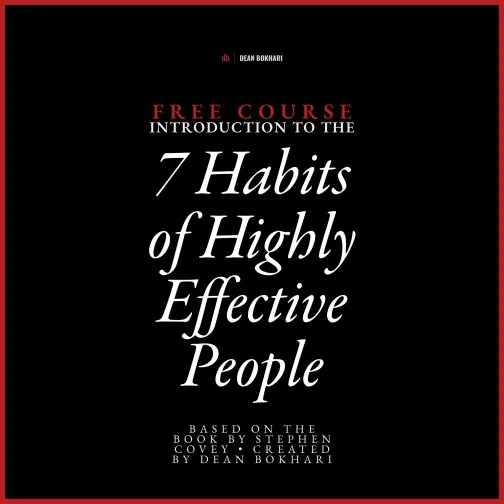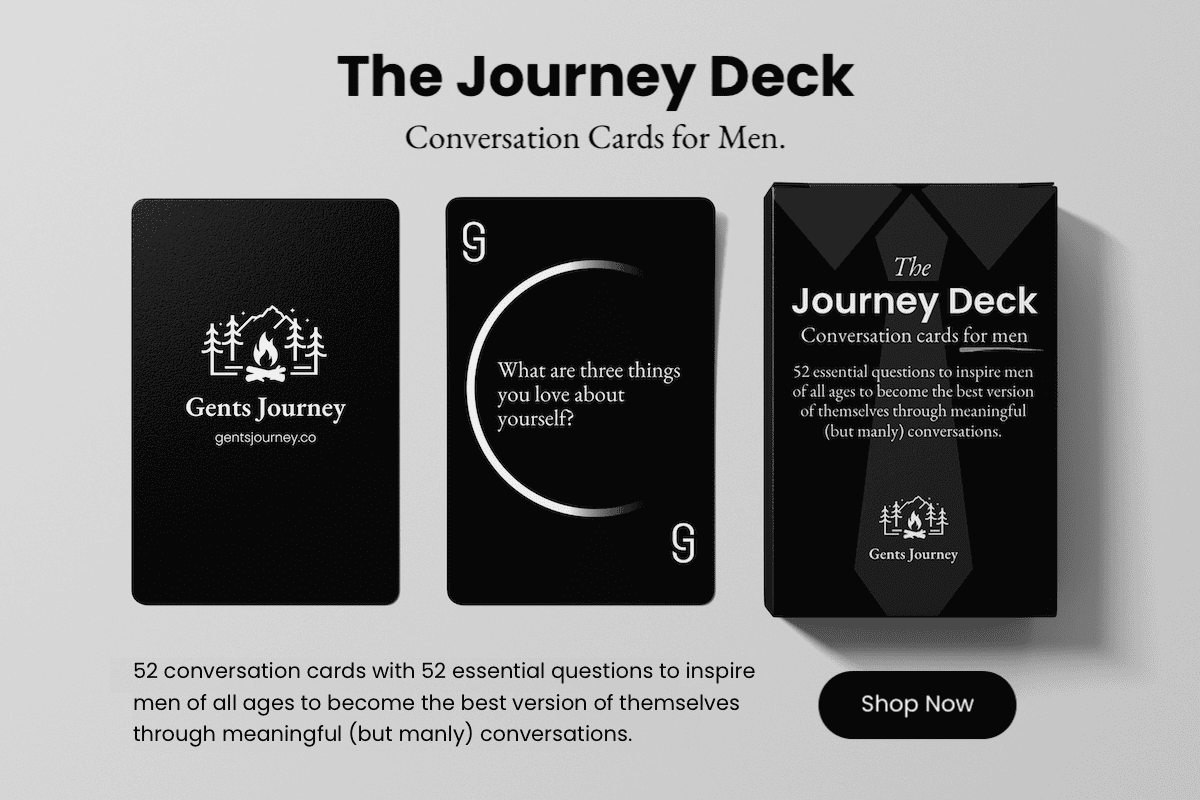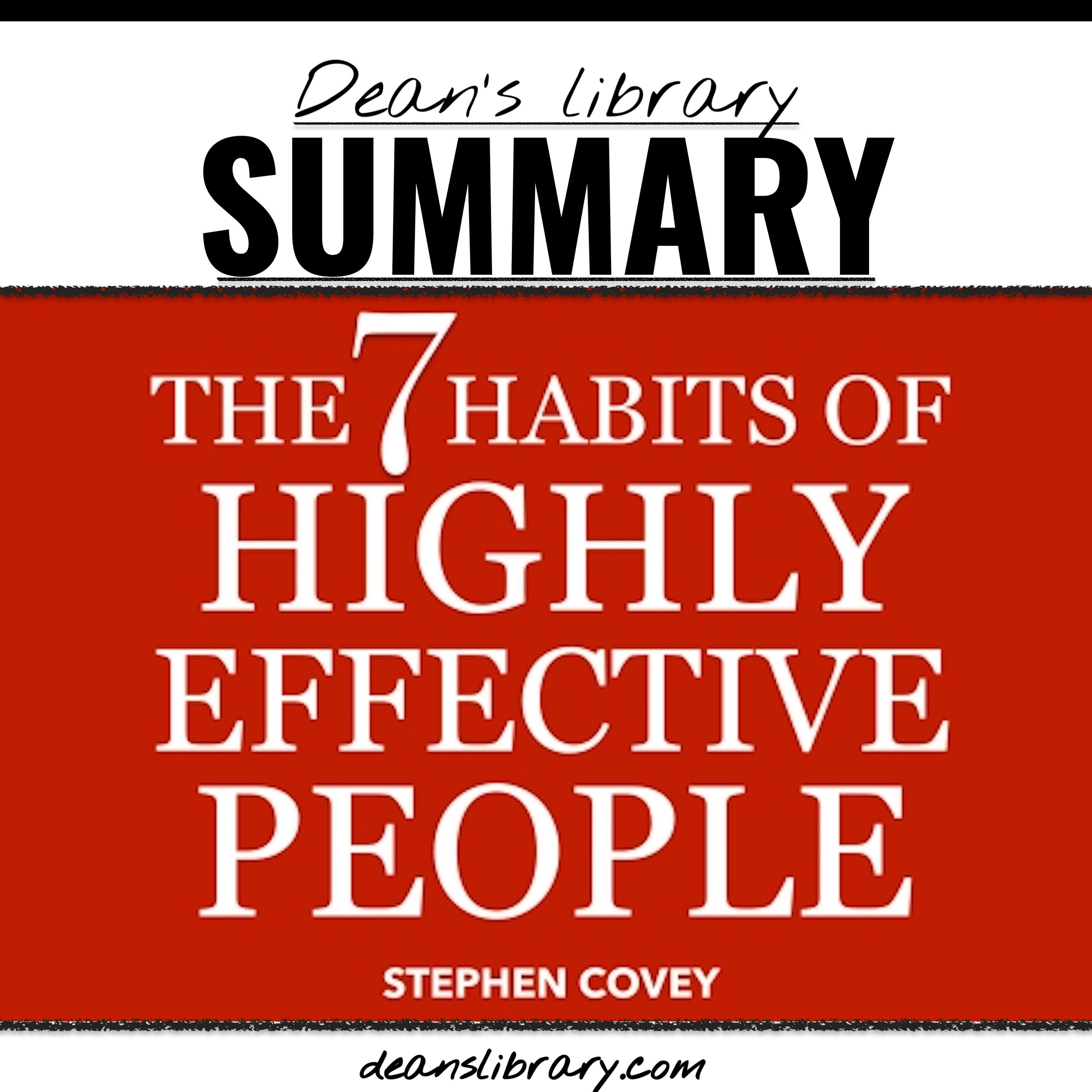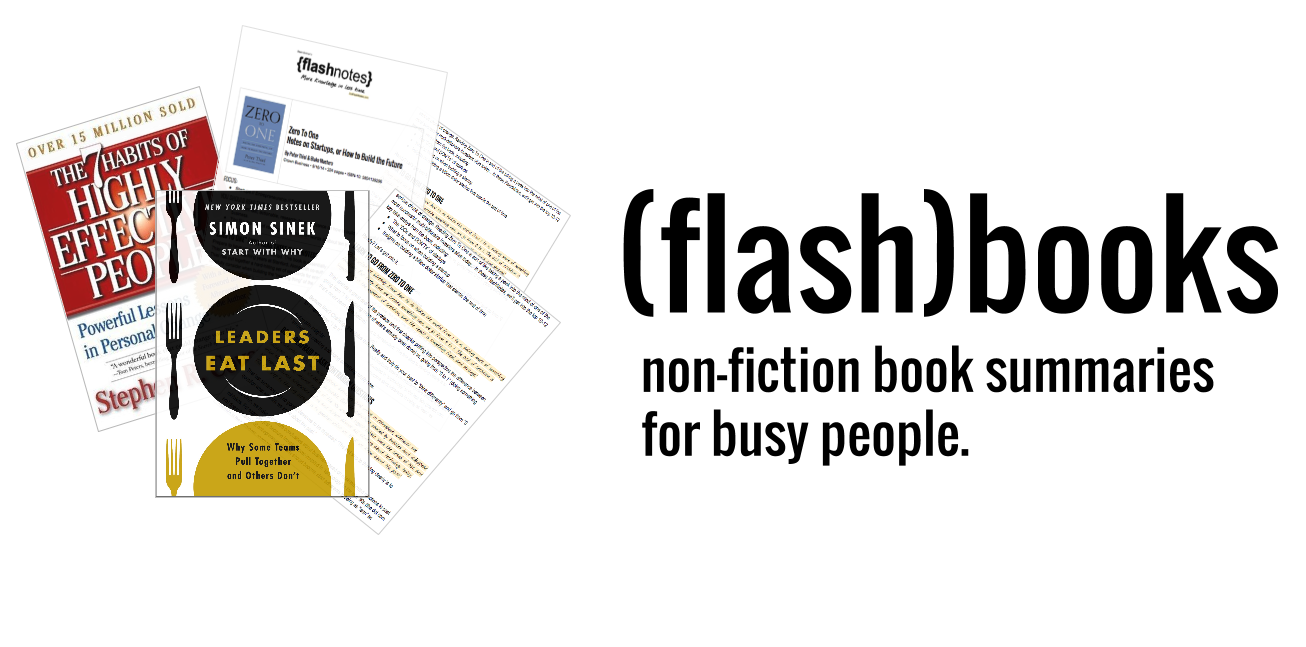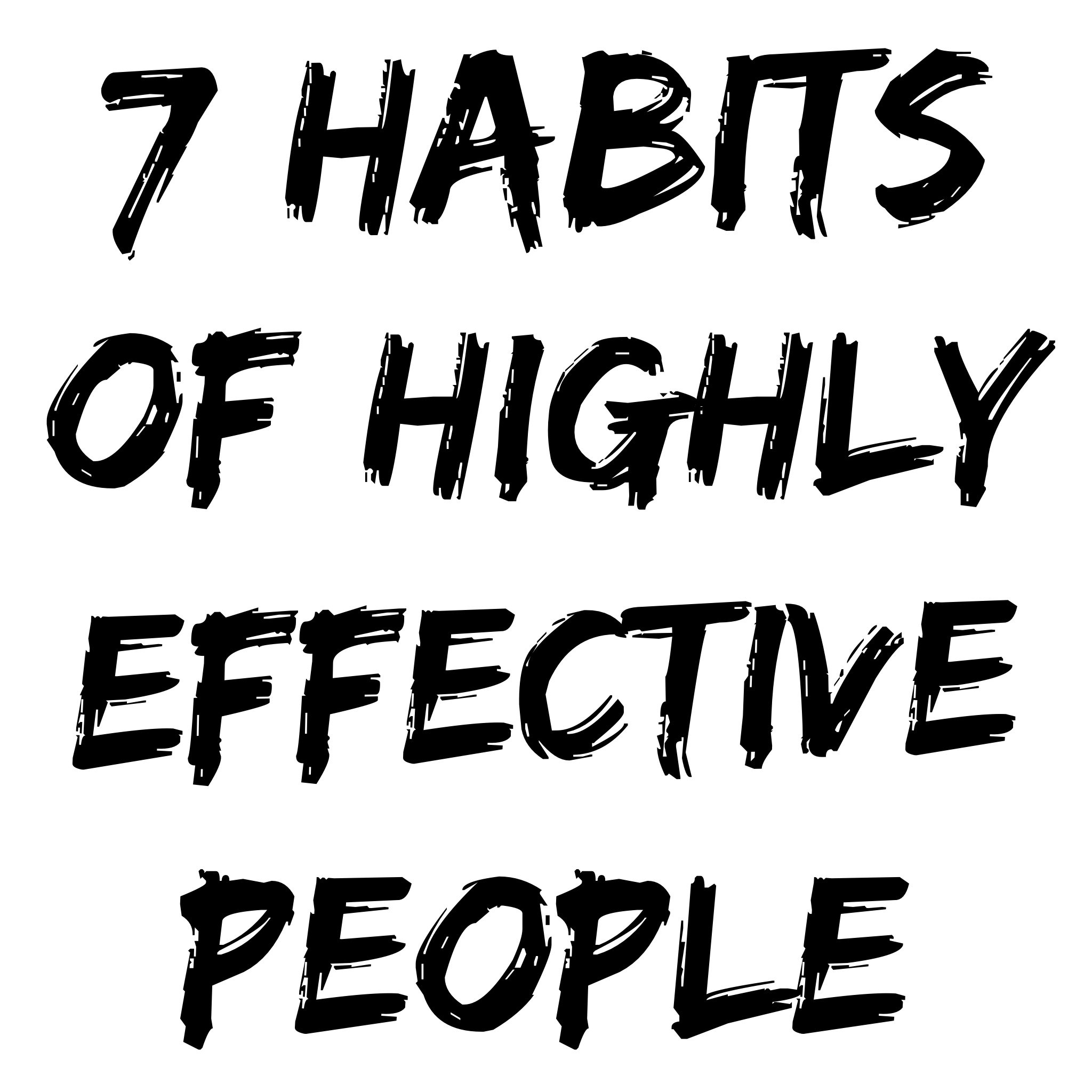Don't Do Your Best : How to set goals that inspire true motivation
When was the last time someone told you to “do your best”? Did it actually motivate you to do your best?
When was the last time YOU said, “just do your best”, to someone else? Did it motivate them to actually do their best?
In both cases, the answer was probably NO, which is a big problem. Because if you can't get the best out of yourself and others, then you're leaving excellence on the table.
But here's the good news: you can fix it.
And in this article + episode combo, you're going to learn how. Today we'll talk about what you need to say to others (and even to yourself), in order to inspire goals that drive real high performance and motivation.
Download episode • Listen on iTunes
Just do your best
- Most of us have said it.
- Most of us have heard it.
- And most of us mean well by it.
But what most of us don’t know is this: do your best isn’t a good way to inspire people to actually do their best.
In her awesome book, “SUCCEED”, Dr. Heidi Grant Halverson points out that the reason behind this is because “do your best” is too vague.
In other words, what the hell does it mean to do your best?
For example:
Imagine you’re a manager/business owner and you want one of your employees to look into a potentially huge sales opportunity for your company. It’s something that requires a ton of work, and it’s really important… So, naturally, you tell your employee, “Jeff, I’m counting on your to do your best on this one.
But what’s Jeff’s best?
How’d you know it if you saw it? And for that matter, how would Jeff know it if he saw it? Does he even know what his best looks like?
… Do any of us know what our best looks like?
The truth is, that no one hears do your best and thinks, alright, I’m gonna get out there and work until I can’t possible imagine making this even one bit better.
Instead, we hear do your best and think, I’ll do a good enough job so my boss will believe this is my best and be happy with hit.
… Not exactly inspiring stuff, is it?
Here’s the point: when we’re not specific about what we want or where we want to go, telling ourselves or others to do m/y/our best doesn’t get us anywhere near where we want to be.
Bottom line: don’t do your best
So, if doing your best doesn’t work—or, at best, delivers average results—then what’s the alternative?
Details + Difficulty
Setting specific and difficult goals = success.
The key to actually doing your best, is to be specific and set the bar high.
Two researchers named, Edwin Lock and Gary Latham, both of whom spent several decades looking through over one thousand different studies on goal-achievement around the world, basically boiled it down to this: [1]
Goals that spell out EXACTLY what needs to be accomplished, and that set the bar for achievement HIGH, result in far superior performance than goals that are vague or that set the bar too low.
For example, if your goal is to leave your job, then you’ll want to set out steps in order to achieve that with success. The first stage might be using resume templates for Word to strengthen your applications. Another might be building skills that you need to give you the best chance of securing the interview.
Why specific?
Being specific when you tell someone what you want, or when you set goals for yourself, removes the possibility of settling for less than what you really want.
When a goal is too vague, it’s too tempting to take the easy way out or give up when you’ve gotten tired, bored, or discouraged.
But when you know exactly what you want + why you want it, then you can’t pretend like what you’ve done is “good enough” when you know it really isn’t…
You’ve either hit your goal or you haven’t. And if you haven’t, then your choices are limited to: * A) selling yourself short, or * B) continue working until you succeed.
(Hint: you should probably go with option B)
”But isn’t it a bad idea to set difficult goals?”
Have you ever gotten really excited about an idea — like really pumped about it — and then rushed over to the nearest friend or family member to tell them all about it — only to have them tell you it’s not “realistic”?
I call these people Dream Killers. And they’ll crush you if you let them.
They’ll tell you how dangerous it is to dream big. They’ll warn you against setting your sights too high. They’ll tell you not to set difficult goals because “you’ll only be setting yourself up for failure and disappointment.”
They are wrong.
(Forgive their stupid ways; for they have no idea how stupid they are.)
It’s true that you shouldn’t set goals that are too impossible. But it’s just as true that greatness thrives on making the impossible _possible_… (think about The Wright Brothers who built the first airplane; Roger Banister and being the first person to run a four-minute mile)
But let’s say your goals have less to do with breaking Olympic records and more to do with increasing your effectiveness at work, losing 30 lbs of fat, or becoming better at closing the sale…
Here’s how to up your chances of successfully setting and achieving your goals: make them difficult but possible.
According to Dr. Heidi Grant Halverson (author of “SUCCESS”), the “difficult but possible” strategy works because:
“harder goals cause you to, often unconsciously, increase your effort, focus, commitment to the goal; persist longer; and make better use of the most effective strategies.”
How to create a cycle of success
Riddle me this: does being satisfied at work lead to better performance; OR does better performance at work lead to more satisfaction?
Answer: both are true.
Being satisfied with our work/job increases our commitment to the work we do or the organization we’re part of, and it also increases our self-confidence… which then leads us to challenge ourselves even more, which leads to better performance and even more satisfaction… and this “cycle of success” continues onward as long as we continue to set SPECIFIC and CHALLENGING goals for ourselves.[2]
You can setup a cycle of success for yourself, too, yah know… Here’s a quick exercise to help you do it:
STEP 1. Think about a goal you’ve set for yourself in the past, that you haven’t been successful at achieving.
Here are some examples:
- “Lose weight.”
- “Get into better shape”
- “Quit job. Start business.”
What goal(s) from your past have you’ve FAILED to achieve? Why weren’t you successful at achieving this goal?
- Write down your answer:
STEP 2. Set a very specific but reasonably challenging goal.
Now look at the goal from #1, above… Why’d you fail to achieve it? Was it too challenging? Maybe. Was it also too vague? It’s likely that you weren’t detailed enough about your goal when it was initially set…
Remember this: regardless of how hard a goal may be, you’re more likely to achieve it if you know SPECIFICALLY WHAT it is and WHY you want it. The WHAT and the WHY provide you with fuel.
WHAT’s one thing you really want to achieve, be, or do in the next year?
- Write down your answer:
WHY do you want to achieve this goal? (What would it feel like if you successfully achieved it?)
- Write down your answer:
What’s one specific action you can take in the next 90, 60, and 30 days to bring you closer towards achieving this goal? (Write down your answers below)
90 Days:
60 Days:
30 Days:
What’s one specific action you can take RIGHT NOW, such that by taking it, you’ll have brought yourself closer to achieving this goal?
- Write down your answer
-
Locke, Edwin A., and Gary P. Latham. ‘Building A Practically Useful Theory Of Goal Setting And Task Motivation: A 35-Year Odyssey.’. American Psychologist 57.9 (2002): 705–717. Web. 17 June 2015. ↩
-
Latham, Gary P., and Edwin A. Locke. ‘New Developments In And Directions For Goal-Setting Research’. European Psychologist 12.4 (2007): 290–300. Web. ↩
LIVE LIKE YOU GIVE A DAMN,
Dean Bokhari
- If you find the podcast helpful, please rate + review it on Apple Podcasts »
- Got a Self-Improvement question you'd like me to cover? Submit it here »
"Dean Bokhari's Meaningful Show is the Self-Improvement Podcast I've been
waiting for. It's actionable, inspiring, and BS-Free." —Brett Silo
✨ New Series: How to Become an Early Riser
- Discover key methods to make early rising a habit
- How to wake up early + energized every morning
- Morning routines for health + success
Free self-development courses
👇
Tap on any of the courses below to start learning how to:
- boost your productivity (withGTD),
- get focused (with Deep Work),
- design a successful + fulfilling life (with The 7 Habits course),
- or learn the art of influencing others (with the How to Win Friends & Influence People course.)
All for free.
👇
Free life guides
👇
Best-selling Self-development courses by Dean Bokhari
Kill procrastination.
|
Get stuff done.
|
Get motivated.
|
Connect with anyone.
|
freshly pressed:
Top Audiobooks narrated by Dean Bokhari on audible
Book summaries
- The Power of Habit by Charles Duhigg
- 12 Rules for Life by Jordan B. Peterson
- Presence by Amy Cuddy
- Leaders Eat Last by Simon Sinek
- The ONE Thing by Gary Keller, Jay Pasan
- Deep Work by Cal Newport
Read or Listen to top Self-Help + Business Book Summaries in 20 Minutes or Less.
or


